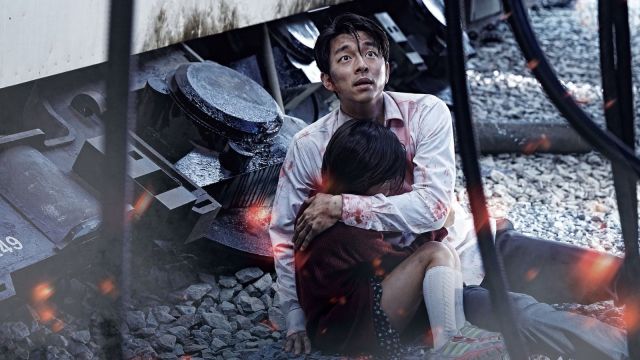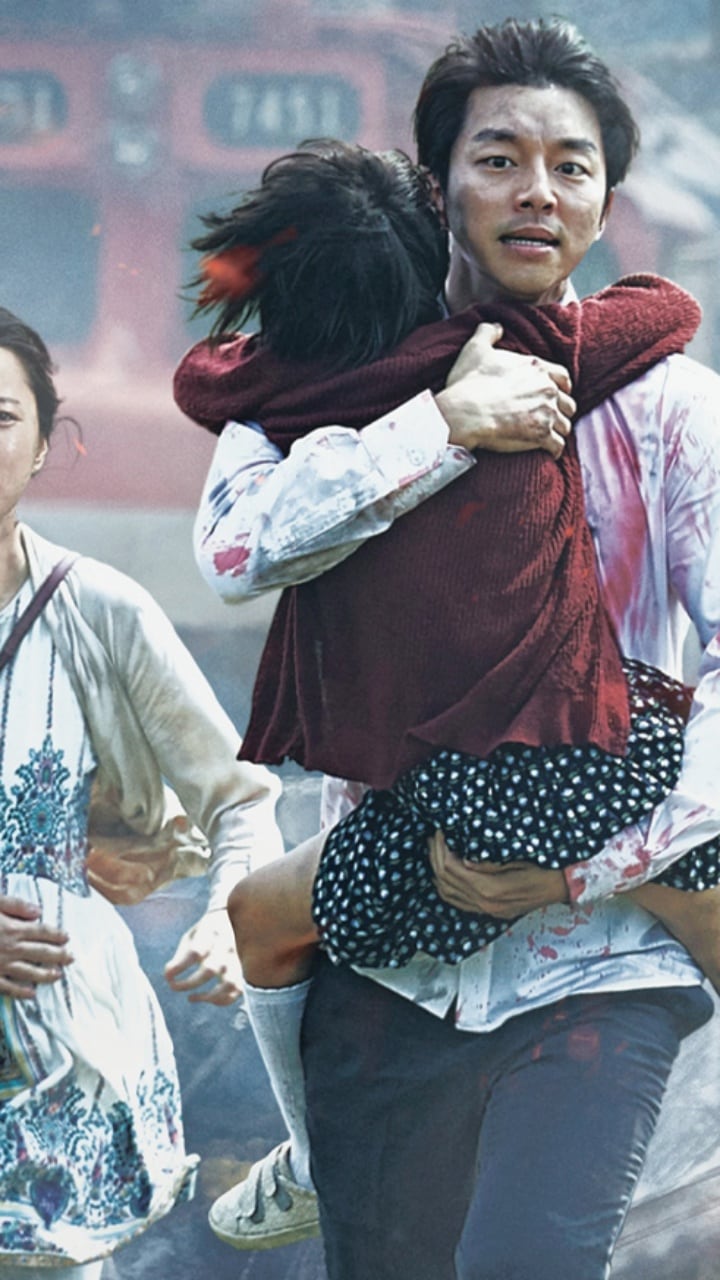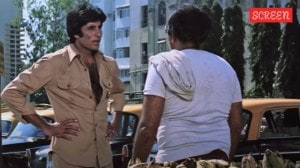Click here to follow Screen Digital on YouTube and stay updated with the latest from the world of cinema.
I rewatched Train to Busan a decade later, and it broke me in new ways
10 years later, Train to Busan still gives goosebumps, not just with zombies, but with raw truths about class, capitalism, sacrifice, and the monsters we see every day.
 Rewatching Train to Busan after 10 years
Rewatching Train to Busan after 10 years It’s been almost 10 years since the action-horror film, Train to Busan, directed by Yeon Sang Ho, changed how the world saw Korean entertainment industry. Back then, zombies were still a foreign concept for most. But with this film that hit like a freight train, Gong Yoo, Choi Woo Shik, and the rest were building legacies. The film used the undead as the catalyst to tear off the layers of fake civility and showed people for who they really are. It took me a decade and an adult lens to see it wasn’t about the zombies at all. It was a bold, fearless take on class, privilege, broken families, and capitalism, the real monsters we live with.
Individualism and Collectivism
This was probably the core theme of Train to Busan. Seok Woo, the protagonist, is a workaholic caught deep in a world of extreme individualism. All that matters to him is climbing the ladder, securing his financial success, and making sure his daughter is safe, even if that means ignoring everyone else. His character is a product of South Korea’s cutthroat work culture that puts profit way above human connection. The way he’s emotionally shut off from his daughter in the beginning shows exactly how people today are too tied up in their own grind to even spare a moment for family, and by the time they wake up, it’s already too late. The outbreak feels like both a consequence (hinted through his company’s link to the virus) and a metaphor for a system that’s been eating itself from the inside out.
Also read: S Line review: K-Drama that’s freaking viewers out with its dark take on shame and surveillance
Classism and Privilege
Train to Busan subtly, and at times, not so subtly, throws brutal punches at social hierarchies. Yong Suk, played by Choi Woo Shik, stands in for everything rotten in the system: the power, the entitlement, the blind belief that status alone will save him, no matter what. What he doesn’t get is that the end doesn’t care who you are. He’s ready to sacrifice anyone he sees as beneath him. The way he turns the “safe” passengers against others, gets them to throw people out, shows exactly how fear breeds prejudice, and how fast class lines get drawn when survival’s on the line.
 A still from Train to Busan.
A still from Train to Busan.
Government and misinformation
The early news coverage downplays the outbreak even as chaos breaks loose, and the overwhelmed, eventually zombified military shows how the public blindly puts its faith in the government and media, only to be misled at every turn. The lack of real leadership outside the train shows a complete breakdown of trust in authority. The government keeps assuring people, but it means nothing. In the end, everyone’s left to fend for themselves. Ten years later, after watching it all play out in real life, whether it was during a pandemic, social unrest, or political polarisation, we get it.
Parental love and sacrifice
After all, Train to Busan’s core was always about the love and sacrifice our parents make. I was a teenager when I first watched it, and back then, I didn’t really get that part. But rewatching it now, I couldn’t hold back the tears. The bond between Seok Woo and Su An is the emotional anchor. Train to Busan shows how deep a parent’s love runs, and how far they’ll go, even if it means sacrificing themselves so their child can live. Now that I’ve grown older and had real conversations with my parents, I get it. I understand why Seok Woo did what he did in the end, why he let go, knowing he’d never see his daughter again, just to make sure she survives. I was sobbing. It felt like, for the first time, I could see things through my parents’ perspective. And when Su An sang that song, the same one she once couldn’t finish because her dad was never around, now she sings it because there’s no one left. No one else is going to help her. She sings it to survive. To not get shot by the soldiers.


Photos
Photos


- 01
- 02
- 03
- 04
- 05





























